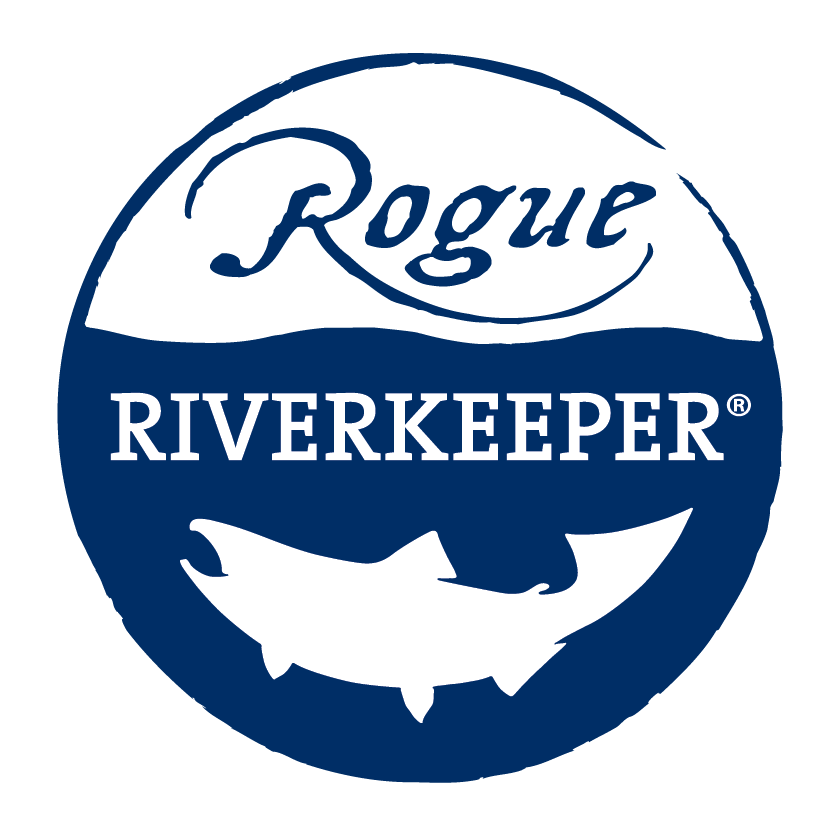FOR IMMEDIATE RELEASE
February 27, 2023
Contact: Frances Oyung, 541-488-9831 ext. 1019, frances@rogueriverkeeper.org
Waters of the United States (WOTUS) Ruling - Rogue Riverkeeper Statement
Passed by Congress in 1972, the Clean Water Act (CWA) was enacted to “restore and maintain the chemical, physical, and biological integrity of the Nation’s waters” thus making it illegal to discharge pollutants or dredge or fill material into protected waters. Waterways protected under this act are identified as navigable waters of the United States or “WOTUS”. Some waters very clearly have satisfied the definition of WOTUS while others, particularly wetlands, have difficulty fitting into the “navigable” definition and therefore require further assessment and definition if they are to be protected under the Clean Water Act. In the last fifty years there have been several attempts to clarify the WOTUS definition but in 2021 President Biden issued an executive order directing EPA to review and revise the regulations defining a water of the United States. On December 30th 2022, the Environmental Protection Agency (EPA), announced the conclusion of its rule revision process. In the new 2022 WOTUS rule, the EPA defined five categories of waters that will now fall under CWA jurisdiction.
With this new ruling the EPA also lays out how they expect this rule to function when determining if a waterway falls under protection of the Clean Water Act. The EPA will analyze a waterway or waterbody for WOTUS status by first considering if a waterbody qualifies as any of the definitions outlined in the new ruling. If a waterbody does not fall under any one of the newly defined categories then the waterbody is not WOTUS and will not receive protection under the Clean Water Act. The original intention of having such an open definition of a water of the United States was to protect as many waterways as possible. However under this new rule many waterways and water bodies will lose their protection if they do not fall under one of these categories. This could be the case with the iconic symbol of the State of Oregon, Crater Lake.
On January 18, 2023 this new rule was introduced to the Federal Register but will not go into legal effect until March 20, 2023. While the 2022 WOTUS rule marks the end of EPA’s most recent rulemaking process to redefine WOTUS, the definition is under fire from other sources as well. In October 2022, the United States Supreme Court heard oral arguments on Sackett v. EPA, where the Court was asked to revisit a previous ruling of WOTUS to further loosen the definition. The Court’s opinion in that lawsuit is expected to be issued later in 2023. But depending on what is in the Court’s final decision, it may be necessary for EPA to revise the definition of WOTUS once again otherwise further lawsuits from additional parties will seek to further weaken the WOTUS definition.
